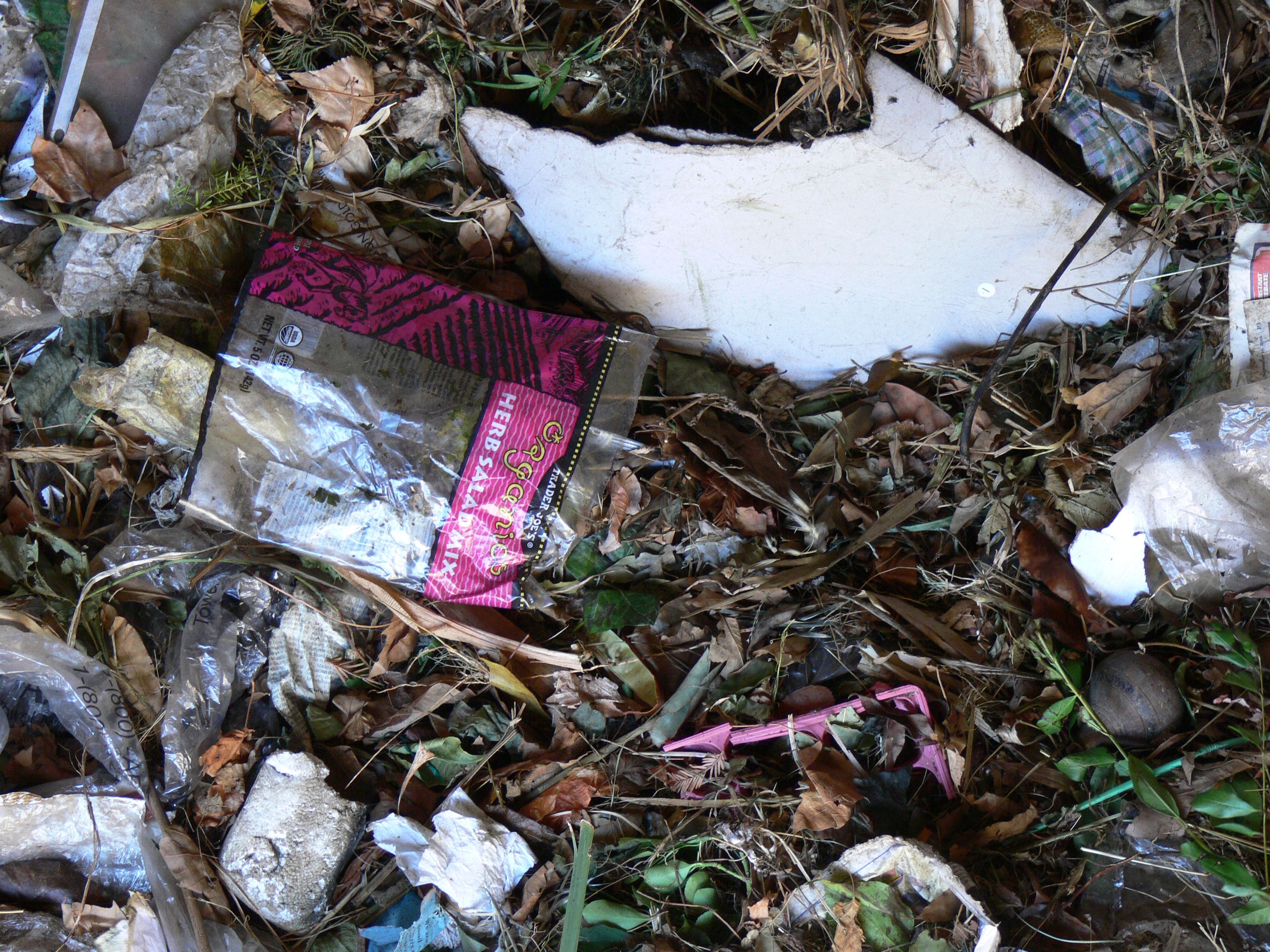The Holstebro municipality in Jutland is trying to figure out the identity of an environmental criminal who dumped several hundred kilos of waste in the Søndre Plantage in Mejldal.
The pile of garbage included a bike and an out In the pile was among other things a bike and an outboard motor along with buckets of hazardous waste like rat poison and hydrochloric acid.
“It is harmful to the environment and absolutely shameful that someone could do such a thing,” Holstebro forestry and landscape engineer Martin Meisler Elmholdt-Svendsen told DR Nyheder.
The municipality assumes that the waste all comes from the same trailer load and hopes to track down the culprit or culprits behind the mess.
“We want to send them the bill,” said Elmholdt-Svendsen. “Right now, it is the rest of us that have to pay for the clean-up.”
A big problem everywhere
Holstebro collects around 128 tonnes of waste throughout the municipality every year.
“Everything from household items to clothing or washers and dryers that are just dumped somewhere,” Elmholdt-Svendsen said. “We spend a lot of money and resources on clean-up.”
Holstebro’s annual three million kroner clean-up bill is not unique to the Jutland municipality. Environmental dumping is a problem throughout the country.
Ole Laursen from the Danish conservation association Danmarks Naturfredningsforening said that hundreds of tonnes of debris are collected throughout the country – at a high cost – every year.
“We can clearly see that it is not an issue for a specific region. It happens all over Denmark,” Laursen said.
READ MORE: Cost of cleaning up old toxic waste dumps is rising
Dangerous waste of the type thrown out in Holstebro can have serious environmental consequences.
Things like hydrochloric acid and paint residues can drip into the ground and leech into ground water,” said Elmholdt-Svendsen.














